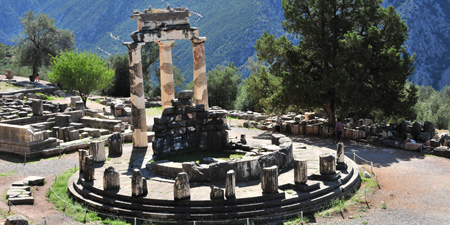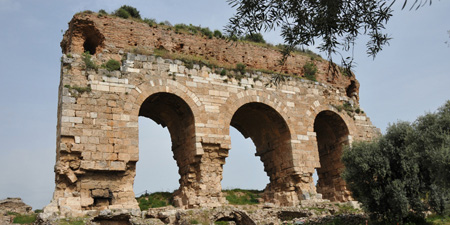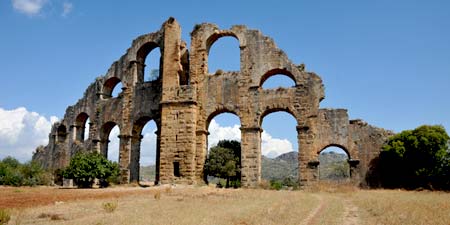Stoa - Scientific teaching building and worldview
- Written by Portal Editor
- Category: Definitions
- Hits: 1142

In the history of Greek architecture, the term Stoa means a building that is usually located in the center of the city and was used for scientific and philosophical teaching purposes.










